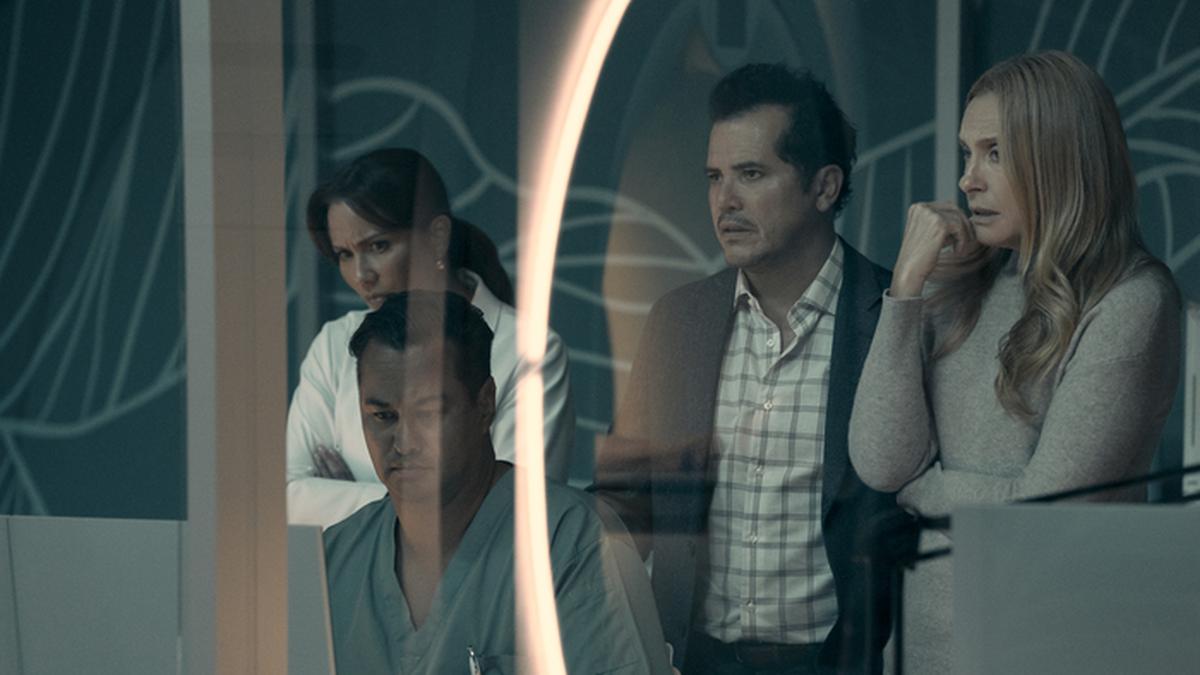Activists called for the Ministry of External Affairs (MEA) to take a stronger interest in child custody cases in the West, as the launch of the movie Mrs. Chatterjee vs Norway, that focuses on the diplomatic row between India and Norway in 2011, sheds light on cases where parents lose custody of their children over cultural differences in their upbringing. The movie also has parallels to the ongoing dispute involving a child in Germany.
The film was released across the country on Friday, even as the Norwegian Embassy in Delhi called it a “work of fiction”, and defended the Norwegian Child Welfare Services.
The case involved the confiscation of two young children from an Indian couple living in Norway by authorities over charges that the parents, Abhirup and Sagarika Chatterjee (played in the movie by Rani Mukherjee) were “unfit” to look after them. After India raised several diplomatic protests, the children were returned to India by Norwegian authorities and placed with other family members in 2012.
“It can’t be explained in words what I had to go through to get my children back. The film can show just 20% of the trauma which we had to endure,” Ms. Sagarika, who has now reverted to her maiden name of Chakraborty, told The Hindu before the screening of the movie at a theatre in the national capital.
In a detailed statement, the Norwegian Embassy in Delhi refuted the charges, saying that the children were not removed from their parents due to “cultural differences”, or that the welfare authorities confiscate children to make a “profit”, and the government was bound by privacy laws from giving specific details of the case.
“The case being referred to was resolved a decade ago in cooperation with Indian authorities and with the agreement of all parties involved,” the statement issued in Delhi said. “In Norway, we value and respect different family systems and cultural practices, also when these are different to what we are accustomed to – apart from corporal punishment in the upbringing. There is zero tolerance for violence in any shape or form,” it added.
The film which is based on a book written by Ms. Sagarika, The Journey of a Mother, shows how the Norwegian child protection services object to children being hand-fed, comparing it to force feeding. They also had problems with the children sharing a bed with their parents, which is quite common in Indian households. They also accused Ms. Sagarika of slapping her toddler, as well as the children not having enough room to play in the house and having “unsuitable” clothes and toys.
Ms. Sagarika on Friday said it was the Child Protection Services who created the issues which were later exacerbated by the attitude of her in-laws.
The movie also turns the spotlight on the similar case of Ariha Shah, the two-year-old daughter of a couple from Ahmedabad who was taken into childcare custody by German authorities in September 2021, alleging that she had been abused at home, a charge her father and mother, Bhavesh and Dhara Shah deny. Despite the matter being raised by External Affairs Minister S. Jaishankar with German Foreign Minister Annalena Baerbock in December 2022, and officials discussing the issue during German Chancellor Olaf Scholz visit to Delhi last month, there has been no headway in the case. Berlin Childcare Services has proposed that the parents, who lost her custody when she was six months old, permanently lose their parental rights.
“Both the [Indian] Embassy and the MEA have been in close touch with the parents and with the German authorities to find a way forward. There are serious issues related to privacy and we can’t comment beyond that,” said MEA spokesperson Arindam Bagchi when asked about the case on Thursday.
In a videotaped appeal last month, the couple said they can’t leave Germany without their daughter, and are worried that she is growing up without speaking her native tongue or being given a traditional vegetarian diet, appealing for Prime Minister Narendra Modi to take up the case.
According to former Union Minister Mani Shankar Aiyar who was present at the screening of the film on Friday, there are many Indian families working and settled abroad who are victims of stringent child protection norms of European countries and the Indian government needs to have a comprehensive plan to help them out.







